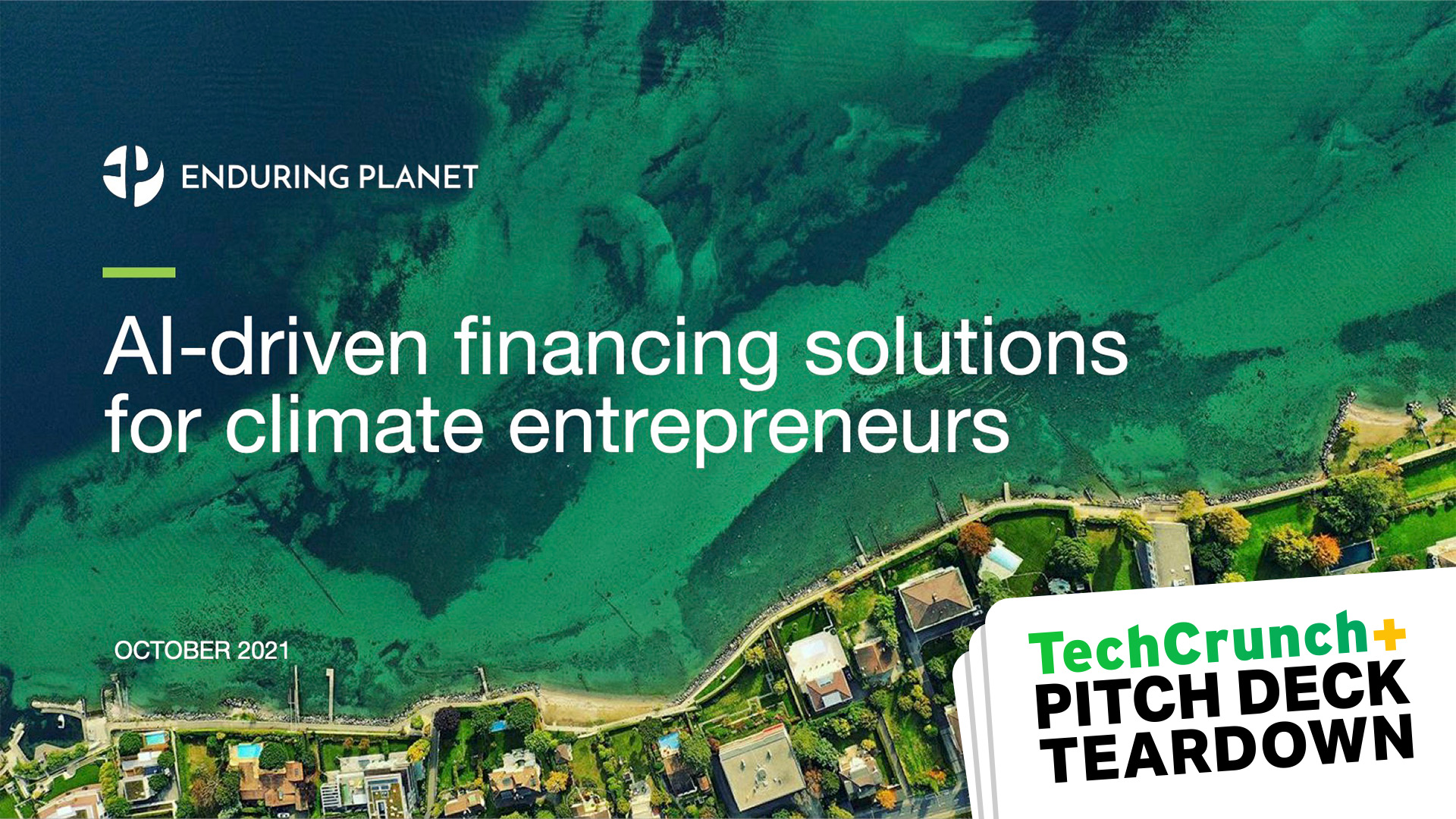The first two years of the pandemic boosted e-commerce, but Simon Wu, a partner at Cathay Innovation, has identified three factors that are now creating strong headwinds for online retailers:
- Increasing economic uncertainty.
- iOS social media privacy updates.
- “A potential drop in discretionary spending.”
Even if one could set aside a looming recession, the fact that consumers have decided to share less personal information is eating into sales and raising customer acquisition costs.
To tackle these challenges, Wu shares several strategies that can help e-commerce startups refine their brand marketing and “entrench” existing customers.
Full TechCrunch+ articles are only available to members.
Use discount code TCPLUSROUNDUP to save 20% off a one- or two-year subscription.
For sure, social media is a vehicle for driving sales, but community management is the engine. Wu offers multiple ideas for customer programs that promote loyalty and build traction organically while reducing your dependence on Facebook and other platforms.
“Diversifying customer acquisition channels and organic growth will take time, but the investment is worth it in the long run to build an enduring brand,” he writes.
Thanks very much for reading TC+ this week!
Walter Thompson
Senior Editor, TechCrunch+
@yourprotagonist
Dear Sophie: How can we transfer a candidate’s H-1B and green card?

Image Credits: Bryce Durbin/TechCrunch
Dear Sophie,
My startup needs to hire an AI expert, and our top candidate has a complicated immigration situation.
She’s from India and has been on an H-1B for more than six years. Her current employer applied for an EB-2 green card on her behalf about four years ago through the PERM process.
She’s been waiting for a green card number since she was approved and says it may take several more years before she receives it.
She is asking us to transfer her H-1B and green card to our company. Can we do it? Do we have additional options to retain her?
— Advancing AI
4 negotiation points startup founders must focus on in a down market

Image Credits: MirageC (opens in a new window) / Getty Images
I haven’t tracked this figure nationally, but the amount of venture capital invested in San Francisco-based startups reportedly fell by 65% between May and June 2022.
It’s hard to imagine any scenario where an investor doesn’t enjoy several advantages over a founder. Because VCs have money and prior experience on their side, information is your only equalizer.
To help level the playing field, John Weaver, CEO of angel firm 22 Ventures, shared his top four negotiation tactics for entrepreneurs in a downturn.
“This funding dip is temporary, but the terms you settle on at this moment could shape your company for years to come,” he writes.
Pitch Deck Teardown: Enduring Planet’s $2.1M seed deck

Image Credits: Enduring Planet (opens in a new window)
In May, fintech startup Enduring Planet announced that it raised $5 million in debt and equity financing so it can extend revenue-based financing to clean tech startups that bring in at least $25,000 per month.
The company’s founders shared a lightly redacted version of their winning pitch deck with TechCrunch+, which, writes Haje Jan Kamps, includes useful templates for creating effective “problem” and “solution” slides.
Flipping the sales script: How to break biases and diversify sales teams

Image Credits: MirageC (opens in a new window) / Getty Images
For most of his career, my dad was a sales executive at a company that sold business machines internationally. He built and managed internal teams, and I learned a lot about managing people from watching him.
He once replaced a top-performing account manager with a less-experienced salesperson after realizing that the hotshot only exceeded their revenue targets because they steered customers toward expensive systems they didn’t need.
Those customers tended not to renew when their contracts were up.
“Extroversion, charisma and alpha personality traits do not drive sales success,” writes Arwa Kaddoura, CRO of Influx Data. “This is ‘hero selling,’ and it does not scale or produce effective sales teams.”
Roe reversal weighs heavily on emerging tech cities in red states

Image Credits: venimo / Getty Images
The San Francisco Bay Area long ago lost its monopoly on launching disruptive technology: Today, every large American city has a number of startups.
But since the U.S. Supreme Court restricted the right to obtain an abortion, startups based in states that prohibit the procedure are at a disadvantage when it comes to hiring, found reporters Dominic-Madori Davis and Rebecca Szkutak.
“This has put our decision to build the company in Atlanta in a different light,” said Nile founder Khadijah Robinson.
“We’ve already seen in Georgia where decisions that are regressive impact the business community,” she said. “It’s going to be hard to ask women to come to a place where they might very well be risking their lives.”
The art of the pivot: Work closely with investors to improve your odds

Image Credits: MirageC (opens in a new window) / Getty Images
For her latest TC+ post, we asked veteran investor Marjorie Radlo-Zandi to share her playbook for helping first-time founders steer their companies through a pivot.
Changing direction is a massive undertaking, but she breaks the process down into several steps that will help entrepreneurs get buy-in from investors (and employees).
“There’s no shame in pivoting,” writes Radlo-Zandi. “On the contrary, it’s a sign of strength.”

